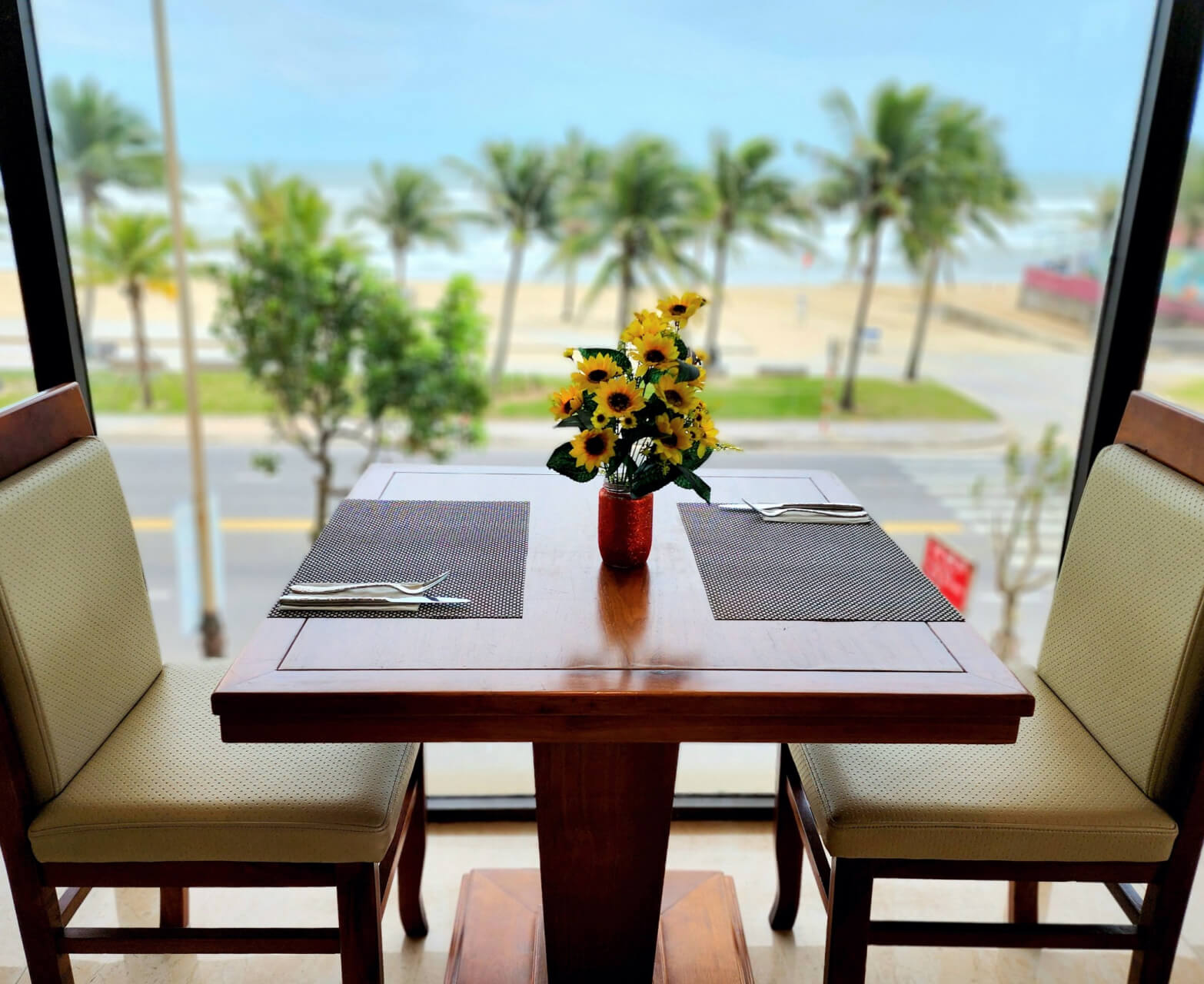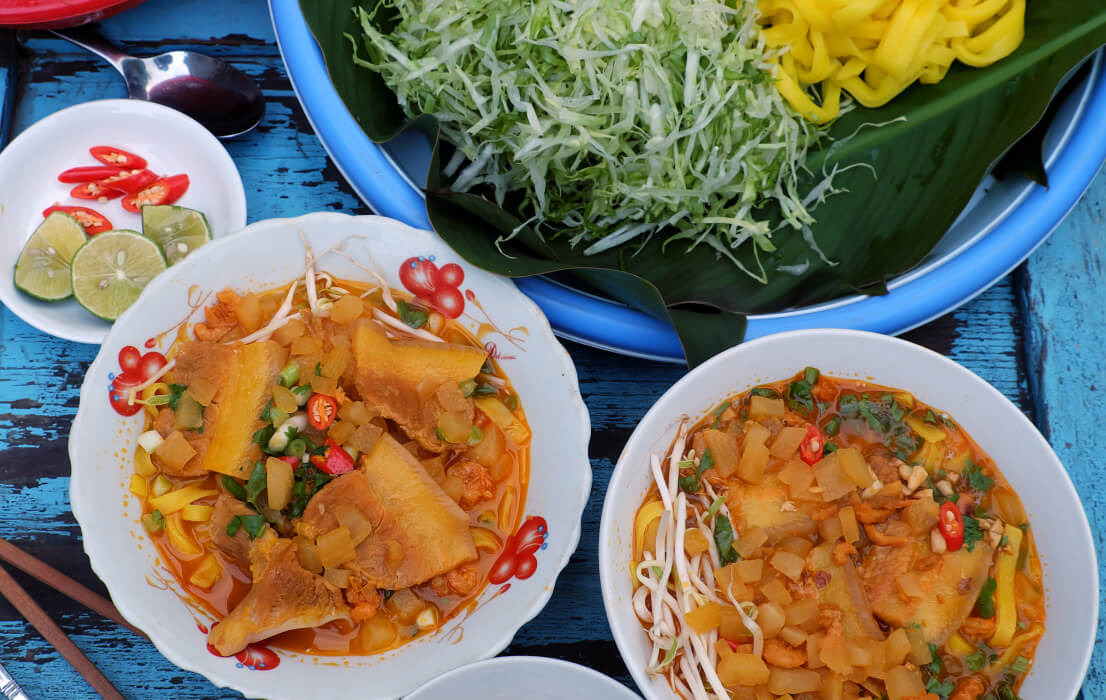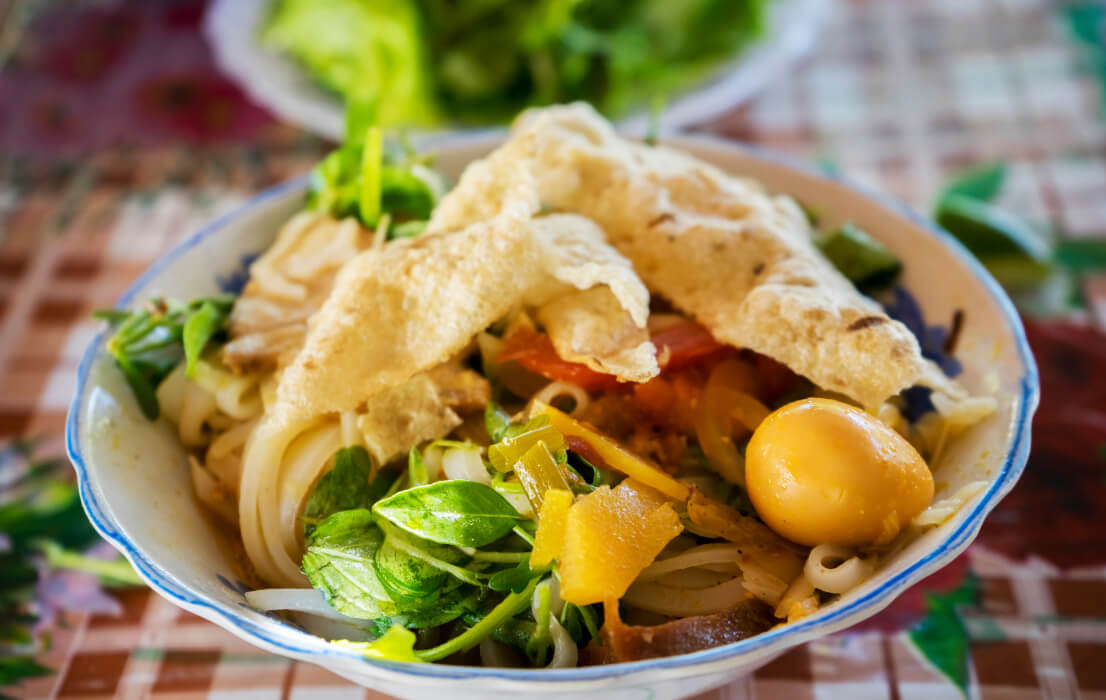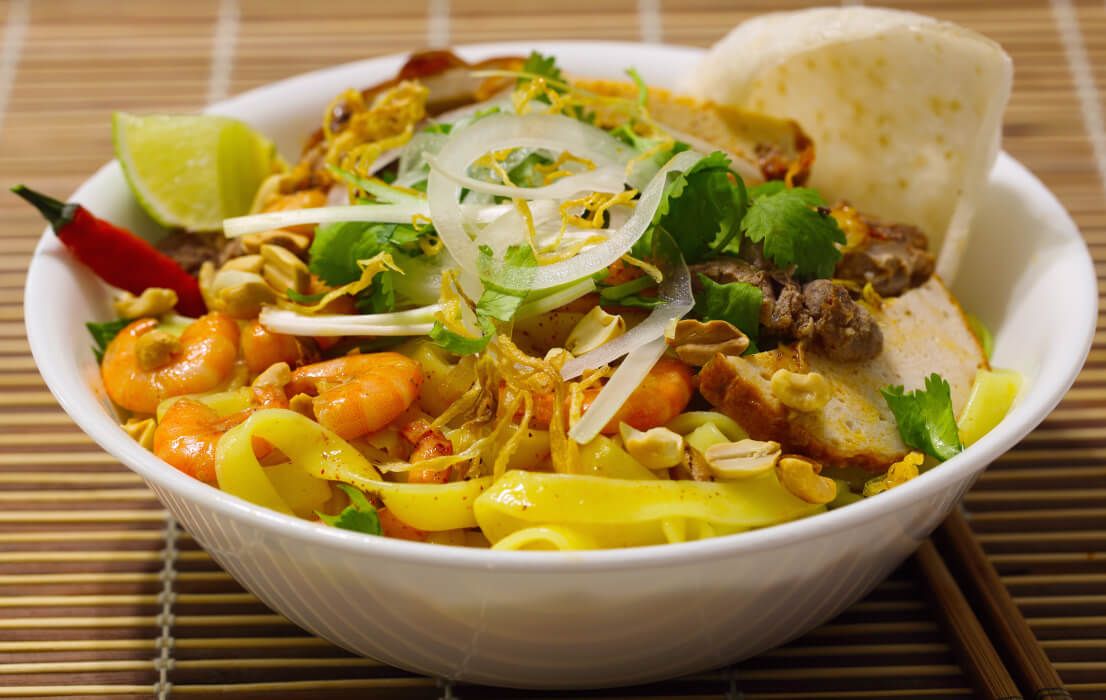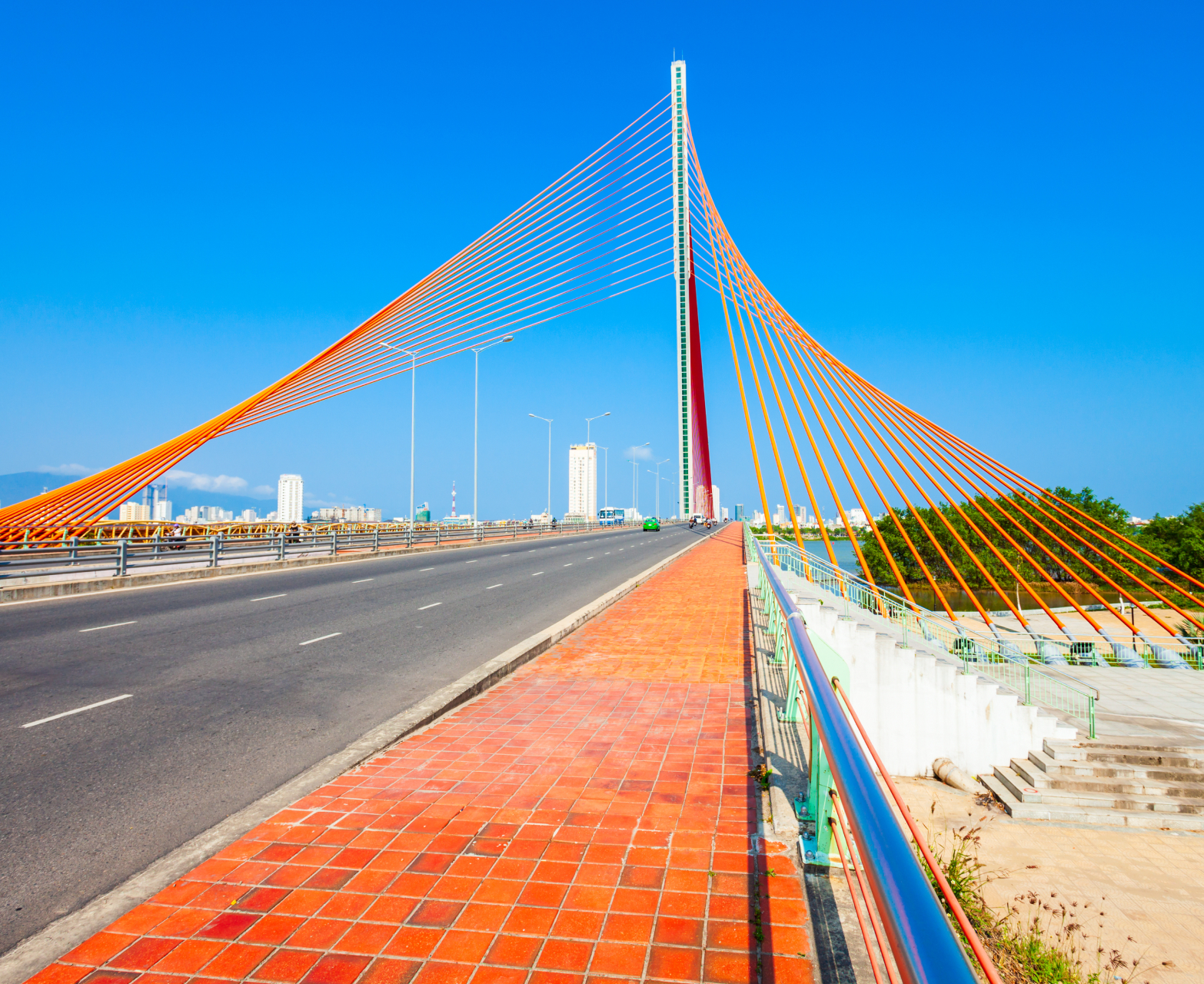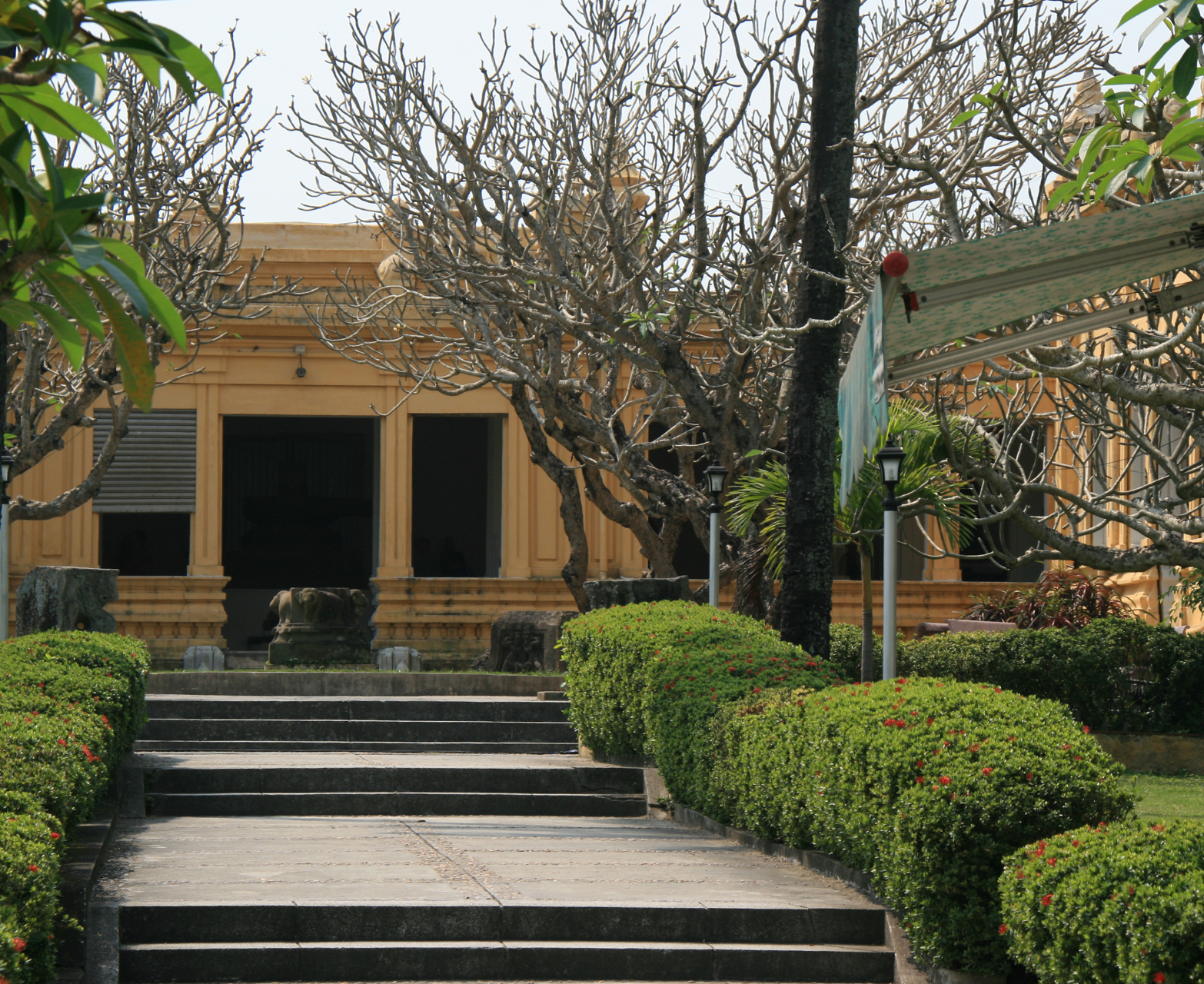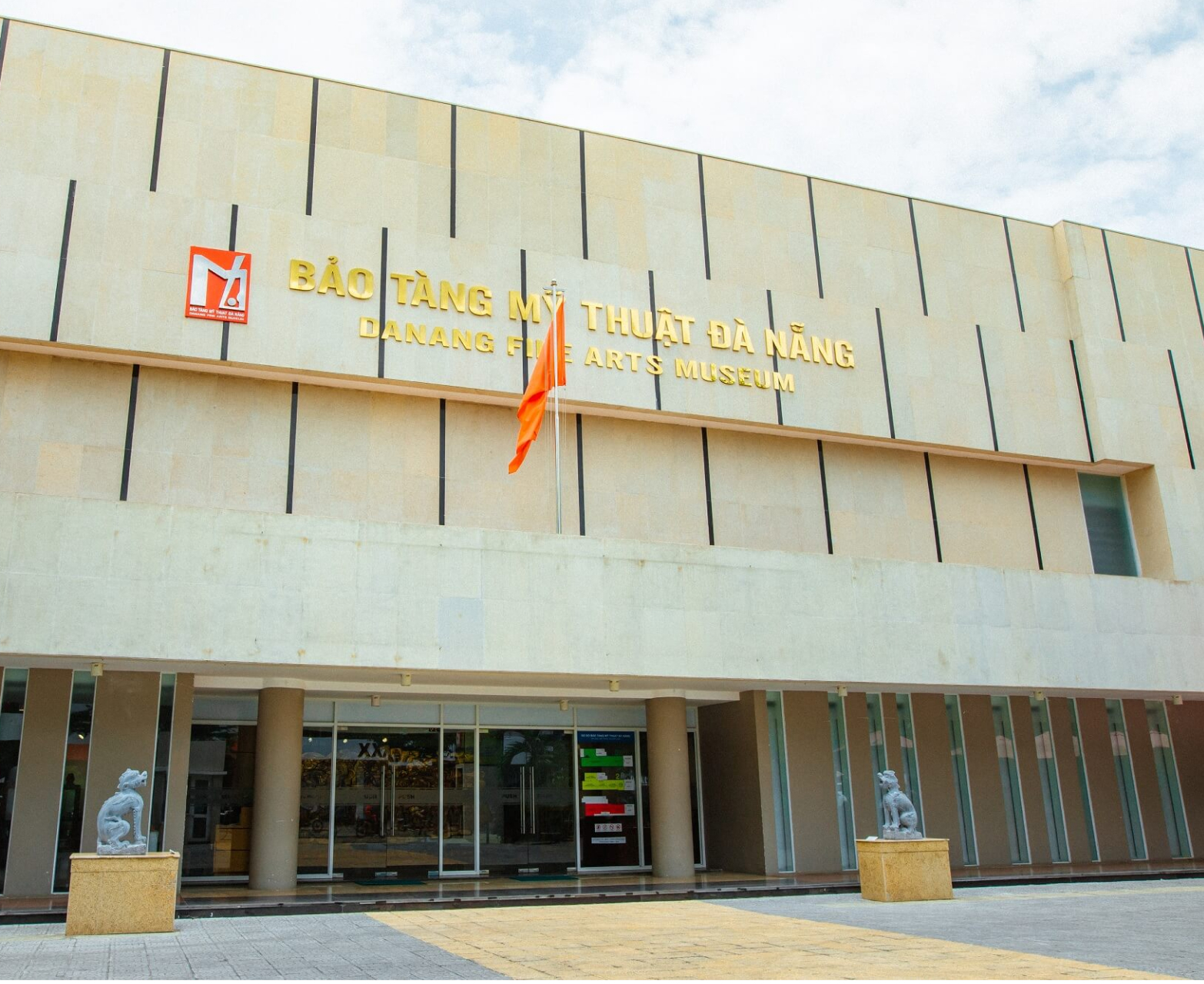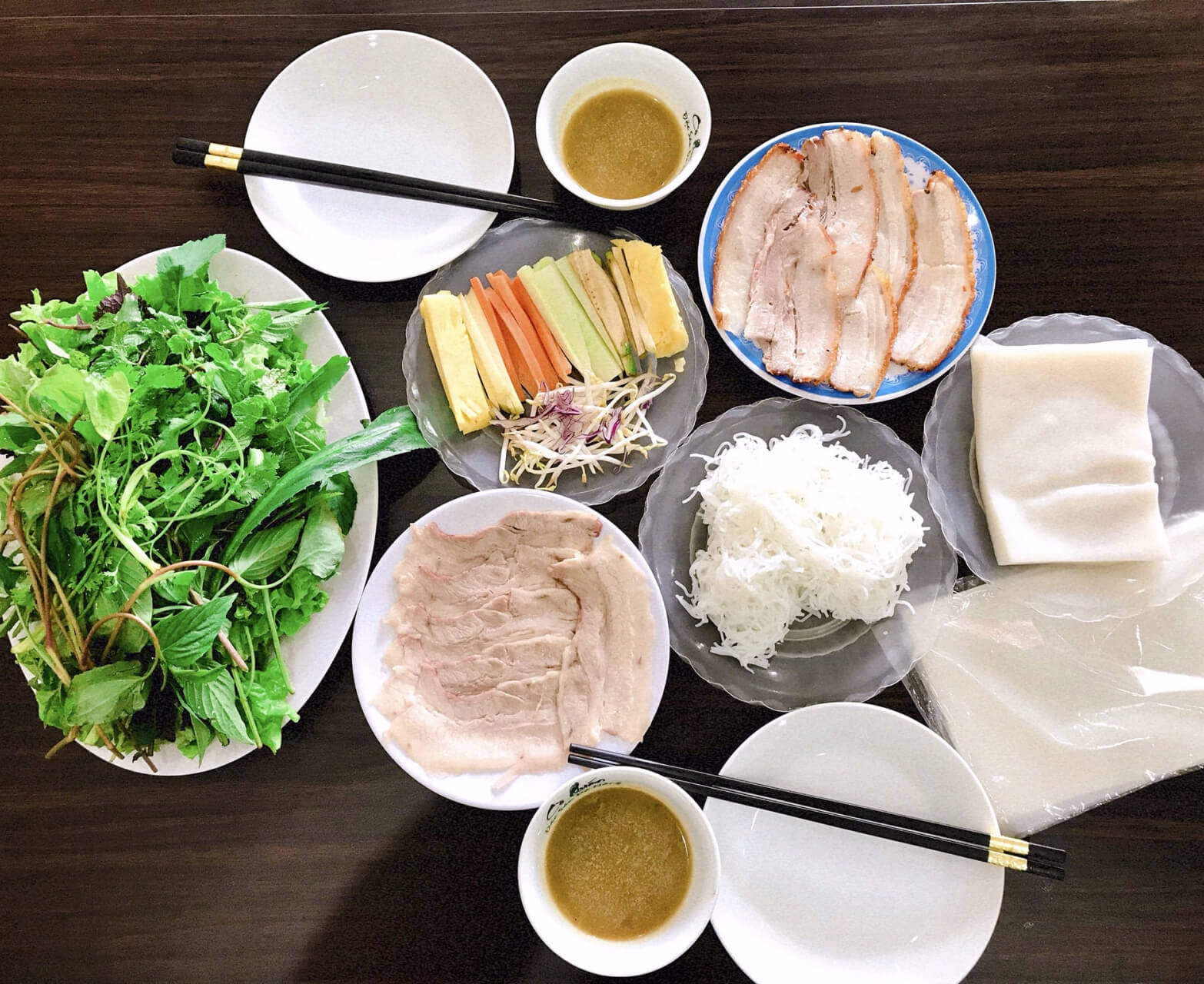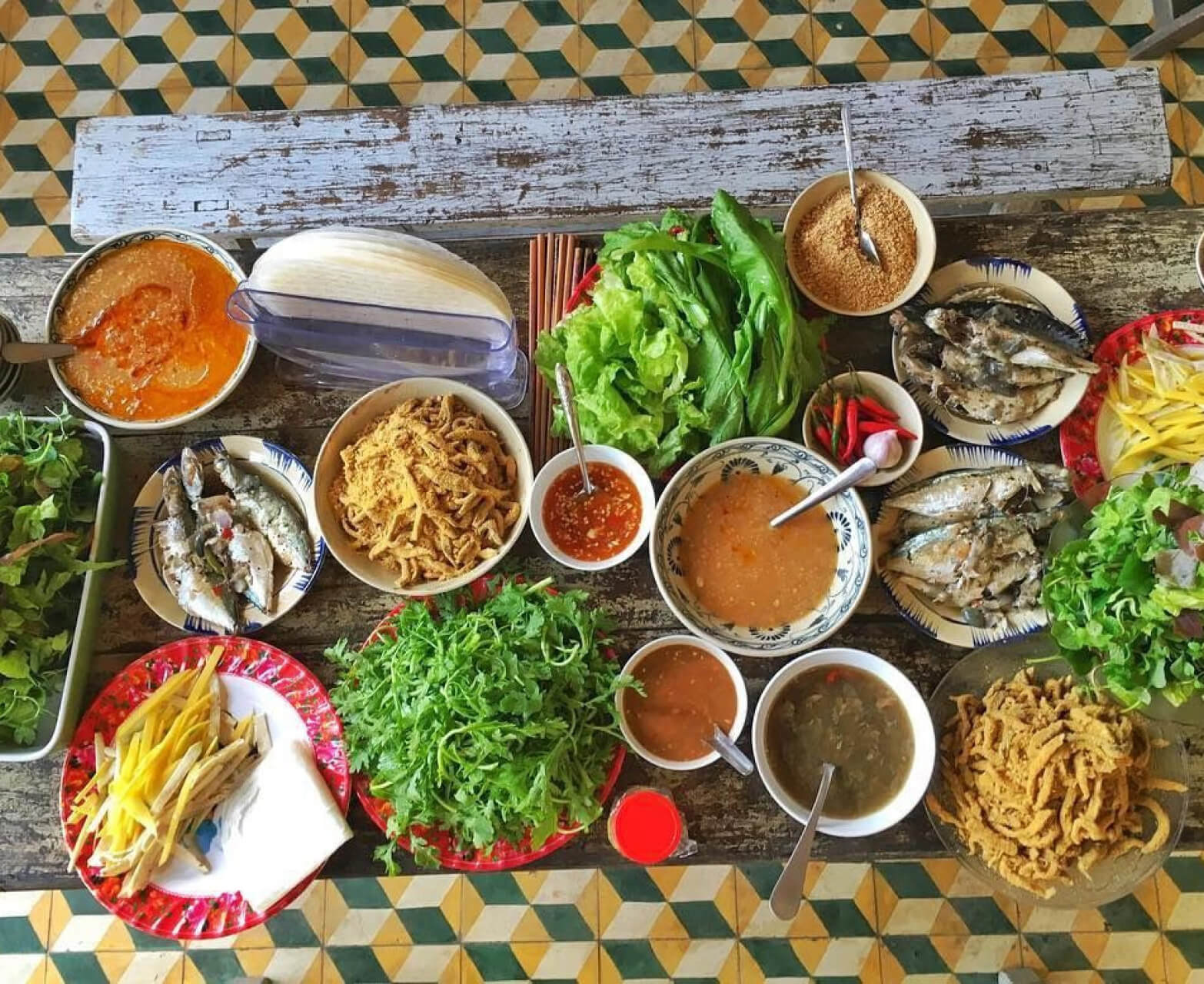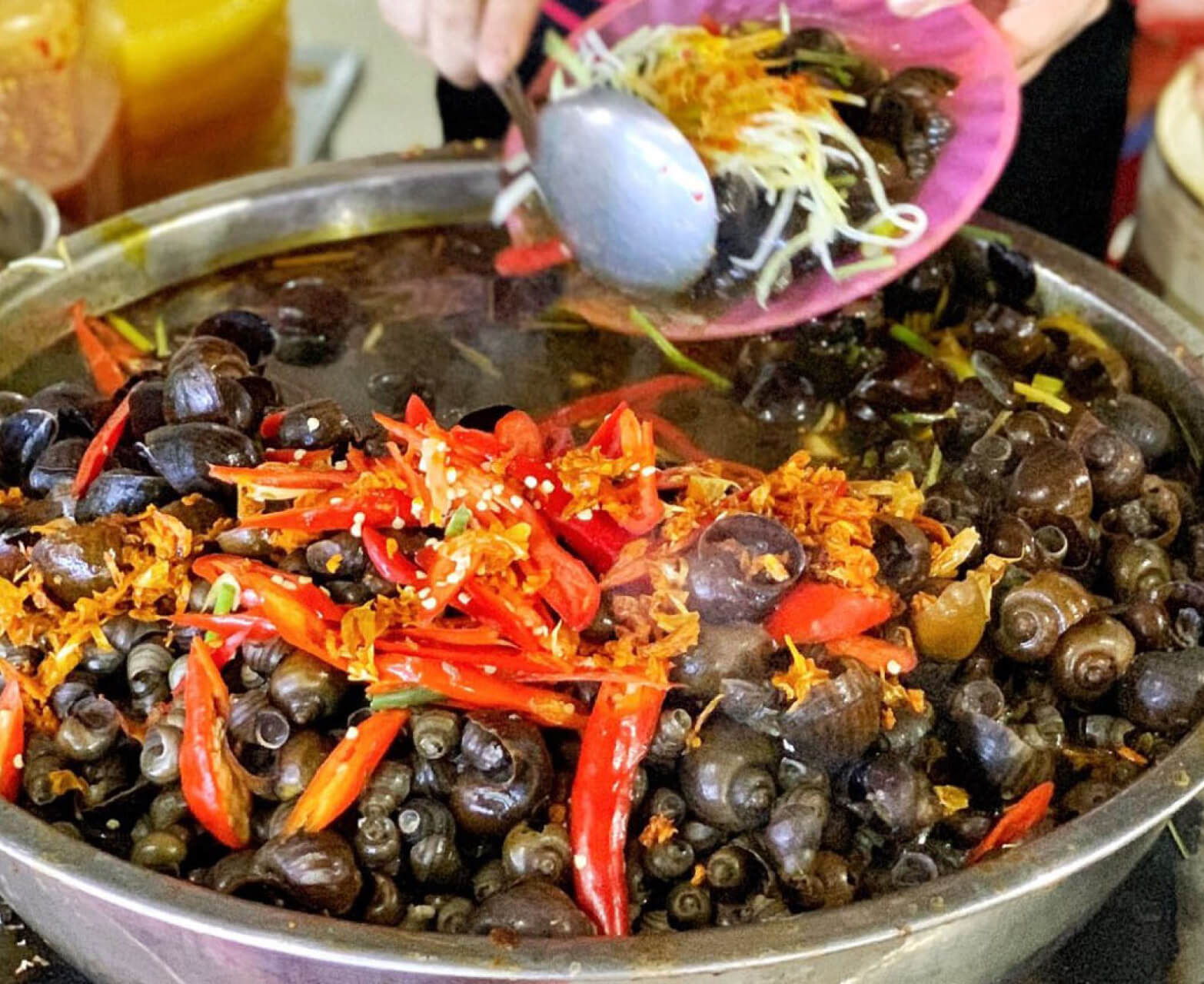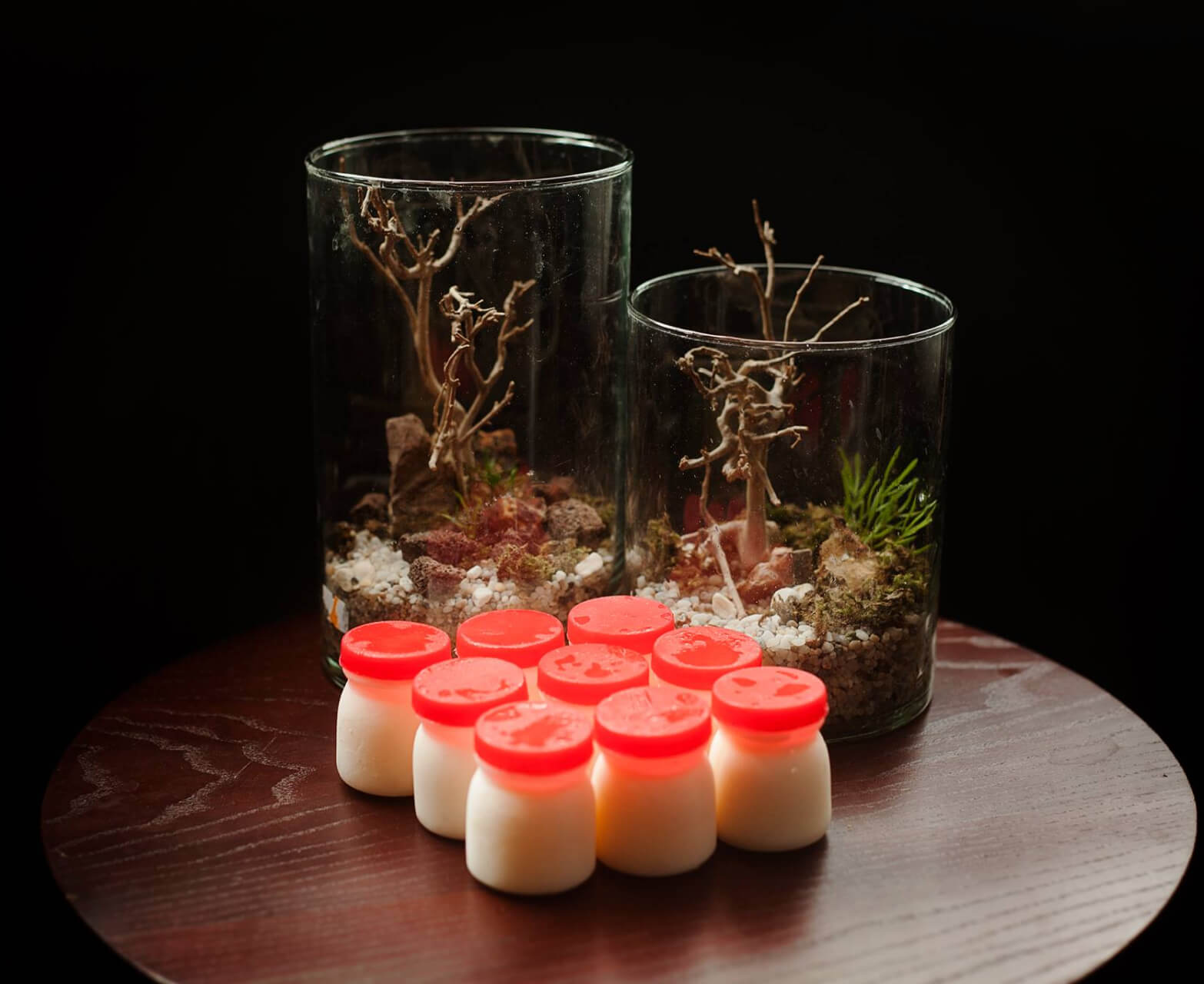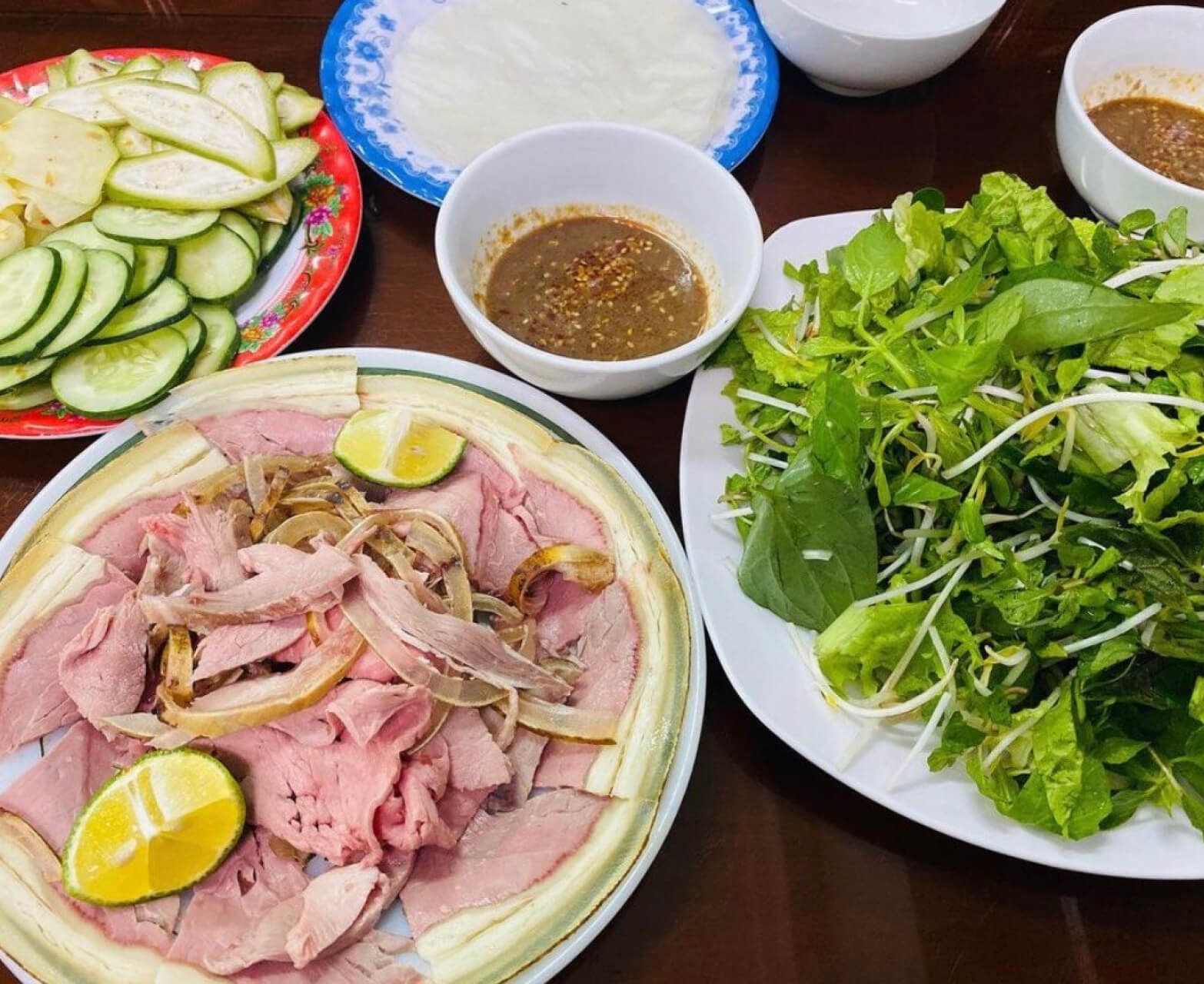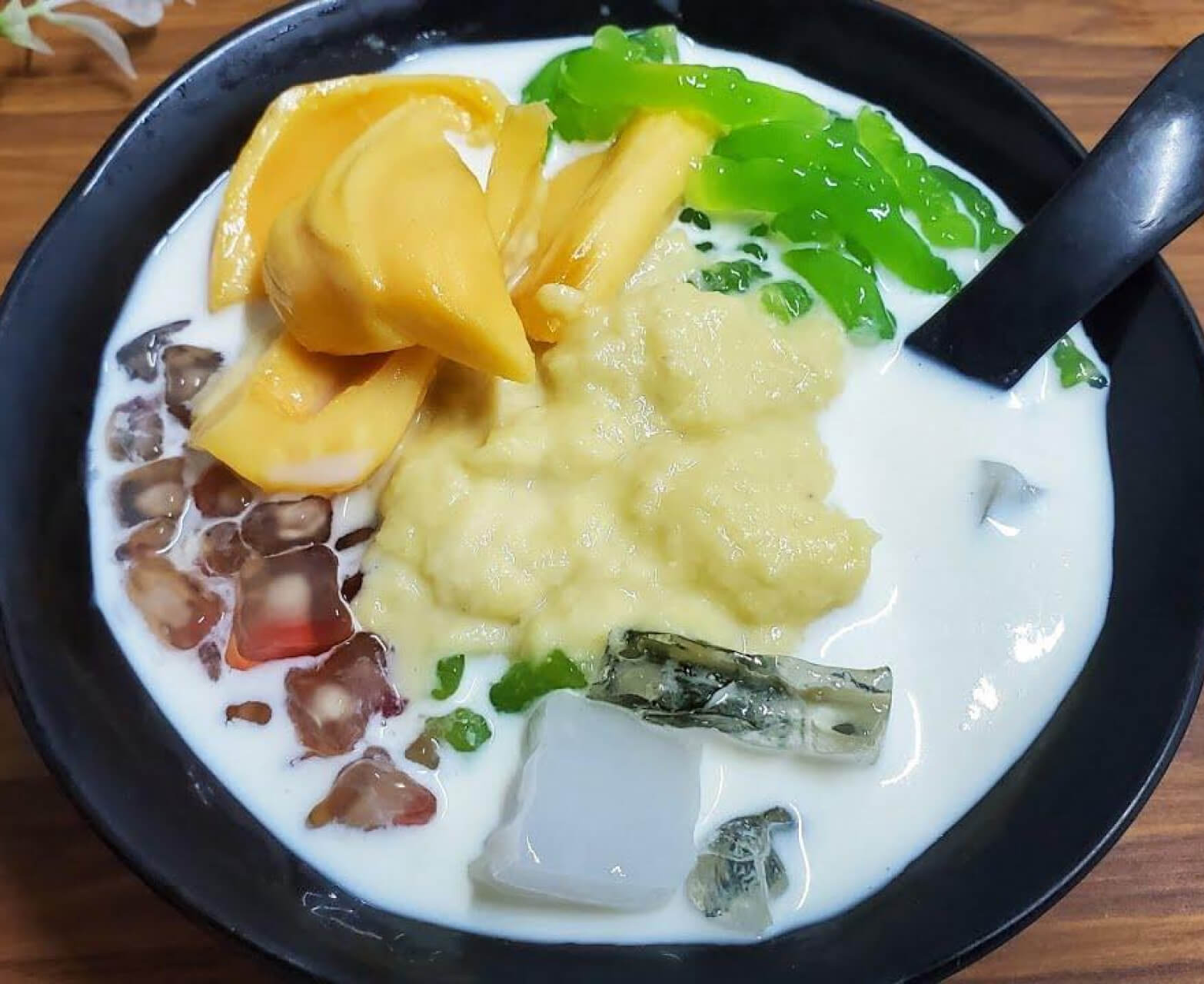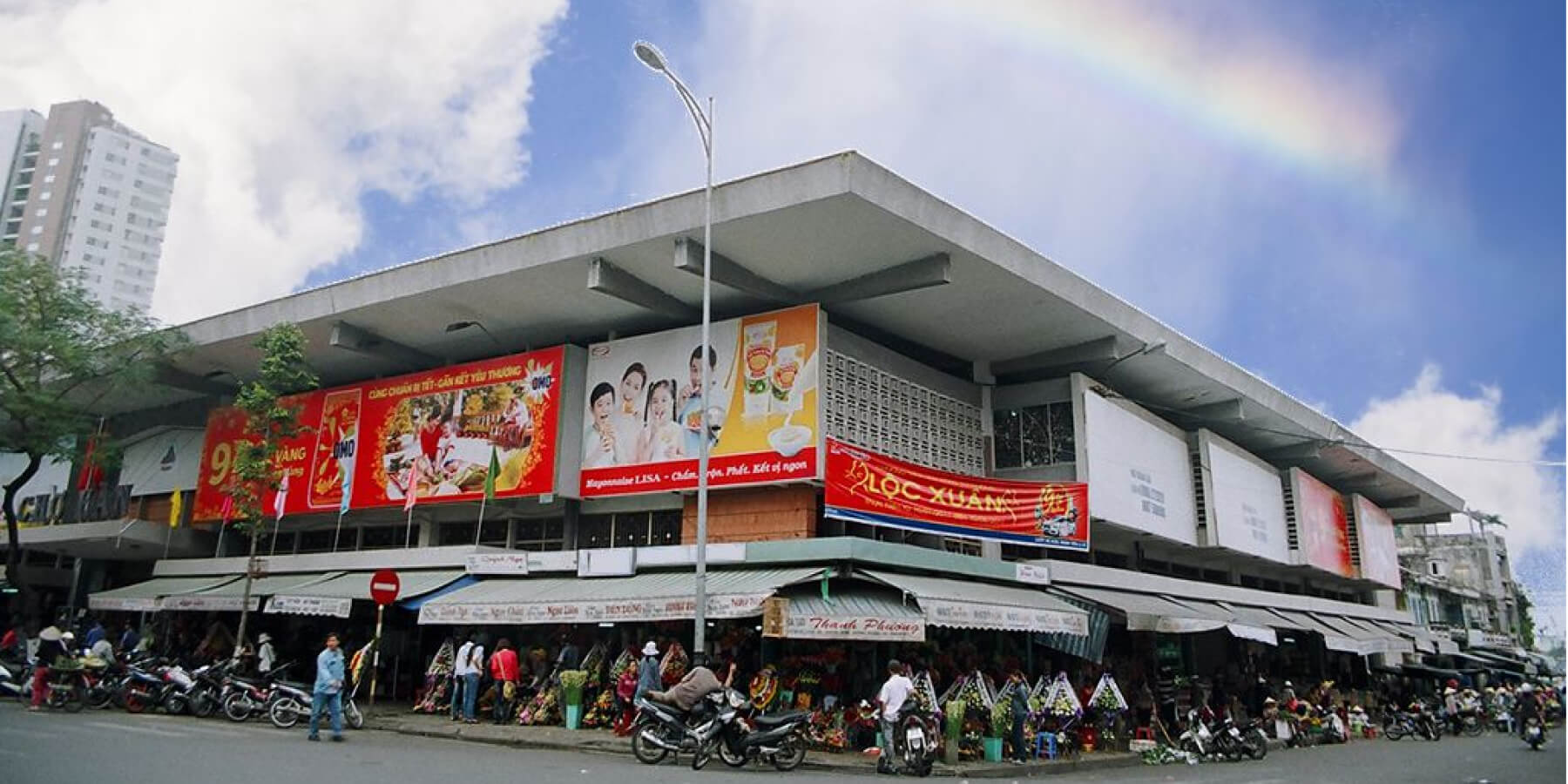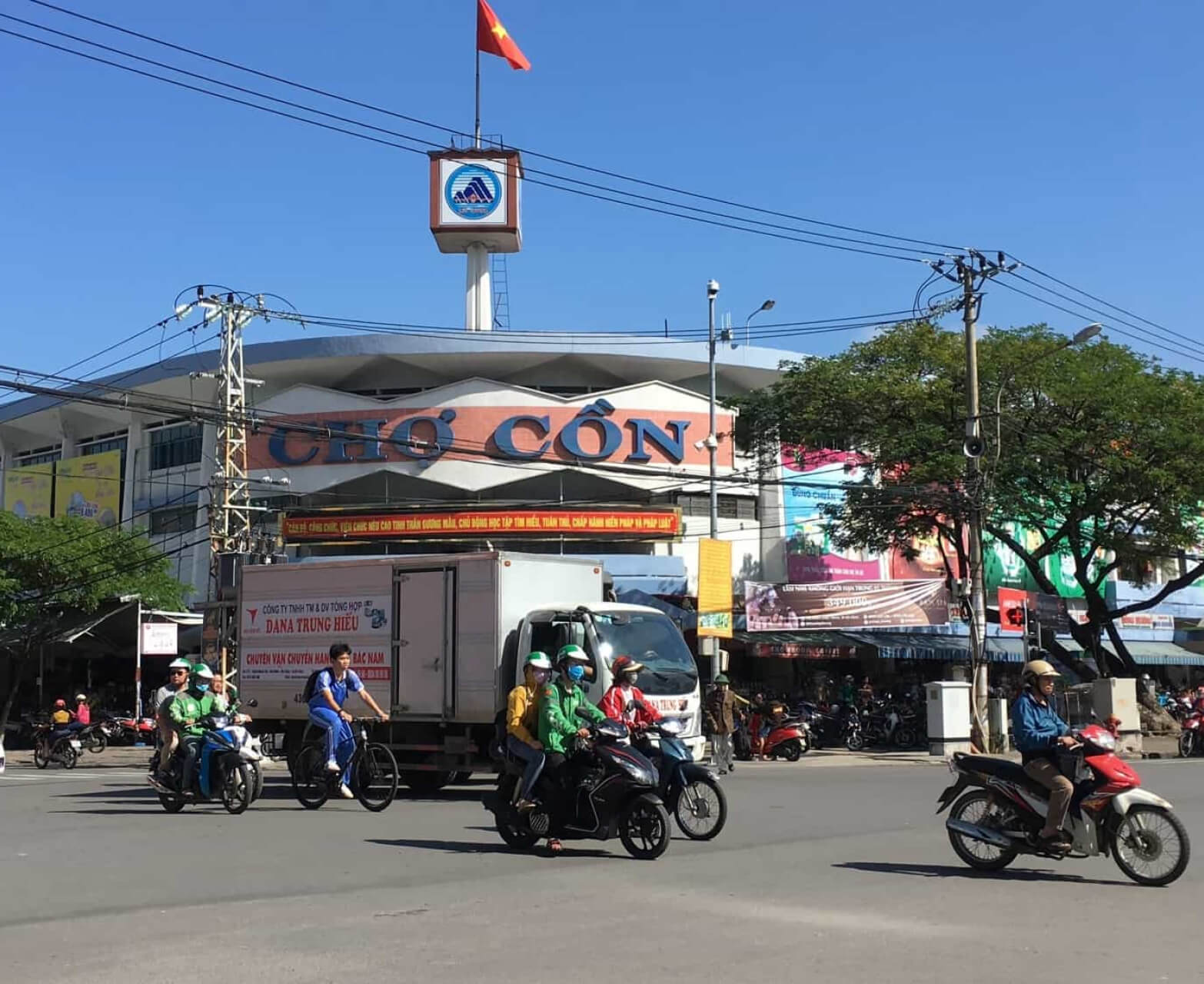This website uses cookies so that we can provide you with the best user experience possible. Cookie information is stored in your browser and performs functions such as recognising you when you return to our website and helping our team to understand which sections of the website you find most interesting and useful.
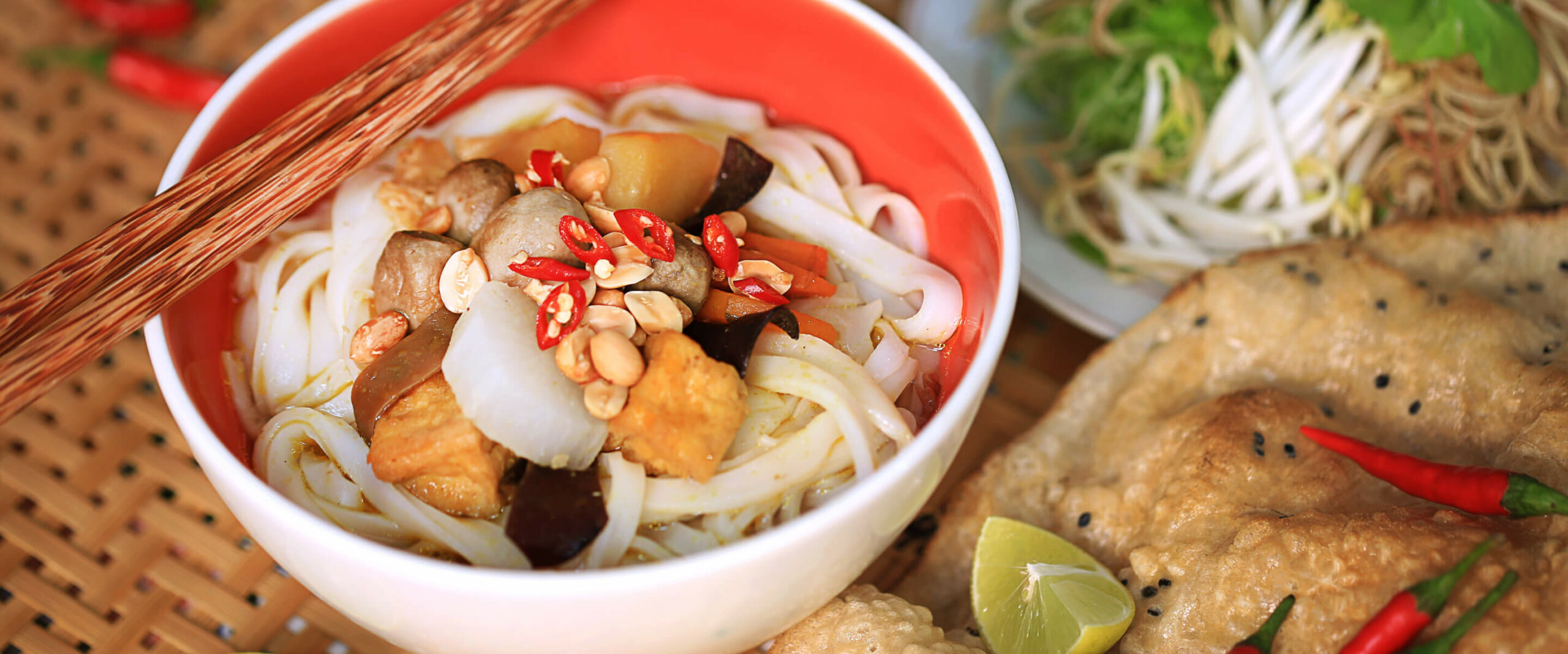
My Quang
Mi Quang in Vietnamese is a traditional dish that has gained its popularity not only in Central Vietnam but also in other countries. This dish will satisfy your appetite with its unique and delectable flavor.
Mi Quang is an extremely luscious and appealing dish, appreciated as one of the top dishes that travelers should not miss out on in Vietnam. This article will go into great detail about every aspect of Vietnamese Mi Quang.
Mi Quang (Quang noodles) is a widely popular noodle dish from Quang Nam Province in Central Vietnam. Its origin is suggested right from the name. “Mi” means any kind of noodles made from wheat flour, and “Quang” refers to Quang Nam Province.
In the mid-16th century, Hoi An land was a trading place crowded with foreign merchants, especially Chinese. Along with their goods, they bring along their native dishes. The people of Quang Nam integrated those Chinese noodle dishes into their local cuisine, creating a culinary delight that both reflects Chinese influence and Vietnamese imprints.
In fact, the noodles used in this dish are completely made from rice flour, which is a typical ingredient of Vietnamese food, instead of wheat flour. Because the name Mi Quang was deeply ingrained in the mind of the Vietnamese people, it has remained in use until today despite the fact that the main ingredient has been replaced.
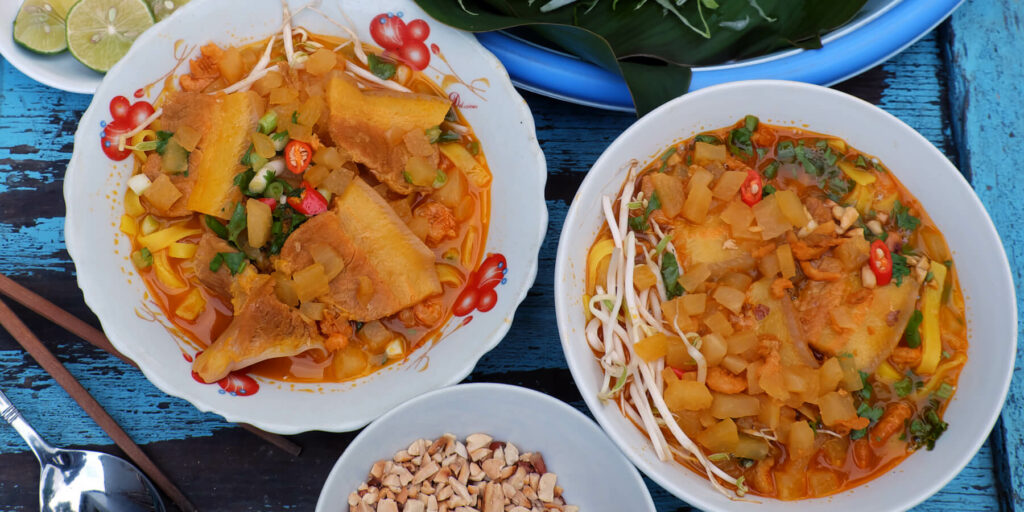
Ingredients
The Vietnamese Mi Quang recipe is simple. In general, it comprises noodles, broth, toppings, and garnishes.
The noodles used for this dish are quite similar to those of Pho (Vietnamese noodles) as they are both made from rice flour and cut into flat strands.
The broth is rich and luscious, thanks to a variety of ingredients used. It is made from water with stewed pork bones or chicken. Many cooks also add shrimp or beef to add an elegant sweet taste to the broth.
Diners can select between chicken, pork, shrimp, or fish as toppings. In terms of garnishes, it is also necessary to enjoy Quang noodles with accompanying fresh vegetables, such as mustard greens, bean sprouts, water morning glory, scallion, lettuce, basil, fragrant knotweed, coriander, and sliced banana flower.
How to layer a bowl of Mi Quang
To layer a beautiful bowl of Mi Quang, all the ingredients are put together in a bowl, layer by layer. Starting with a bed of vegetables, then a proper amount of broth is added, then a decent amount of noodles, toppings, and garnishes.
Eating Mi Quang the proper way
Mi Quang will be served with a plate of veggies and Vietnamese rice paper. To begin, add some seasonings to the bowl based on your preferences, such as lime juice, chile, and fish sauce. Add additional herbs and veggies to round out the flavor. Mix the bowl of noodles so that the aroma of the vegetables blends with the rich taste of the meat, fish, eggs, etc. Finally, dip some pieces of dry rice paper into the broth and take a bite to experience the deliciousness, before enjoying the whole dish.
The flavor of Mi Quang has a richness that comes from the shrimp, meat, and eggs, the spiciness of chili, the aroma of lemon, rice paper, and raw vegetables. All of them make a unique dish of Central Vietnam.




